The Mughal administration, six lectures (1920)
This is a task o£ admitted diSiculty, pirtly because so many of the records have perished in the course of time, but mainly because it is only men experienced in the actual conduct of modern Indian administration who can go to the very heart of the Mughal system and make the dead past live again before our eyes. The great historian of the Decline and Fall of the Roman Empire has confessed that his experience as a captain in tbe English militia and as a member of the British Parliament enabled him to understand aright the campaigns of the Roman generals and the debates of the ancient Roman Senate. We who are closet students of Indian history can deal only with old paper, with MS. records of the past ; we can touch only the exterior of the Mughal system. But the real working of that system, its inner springs and practical effect can be best understood only by men who combine a knowledge of Persian historical manuscripts with experience in the administration of the people of the provinces once subject to Mughal rule,—i.e., by scholarly members of the Indian Civil Service in Upper India. Among them have been Mr. Edward Thomas, the distinguished father of an equally distinguished.
[maxbutton id=”1″ url=”https://hostnezt.com/cssfiles/historyofindiaandpakistan/The%20Mughal%20administration,%20six%20lectures%20(1920).pdf” text=”” ]






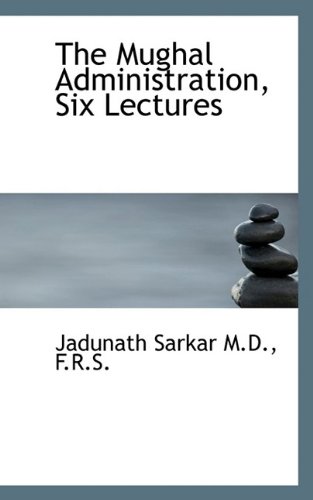
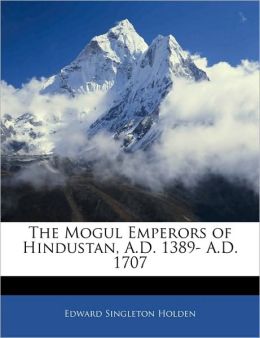
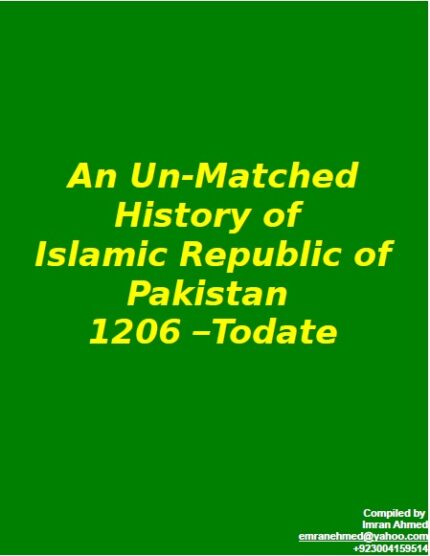



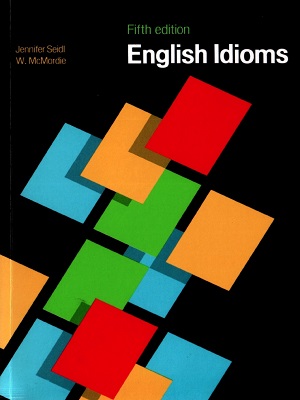
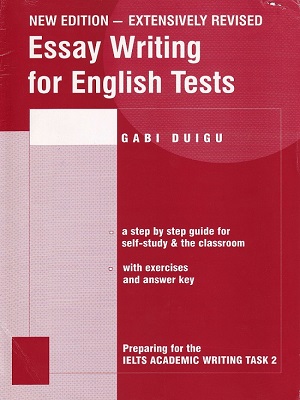
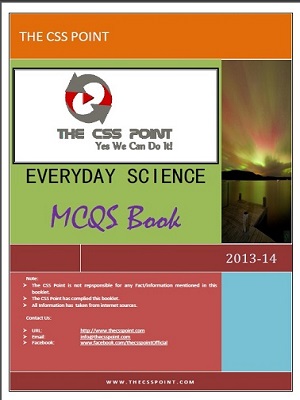









Reviews
There are no reviews yet.